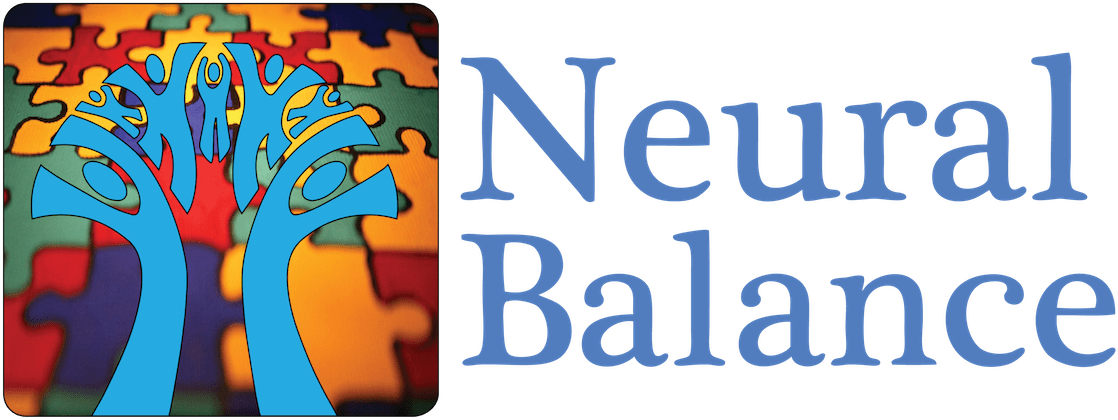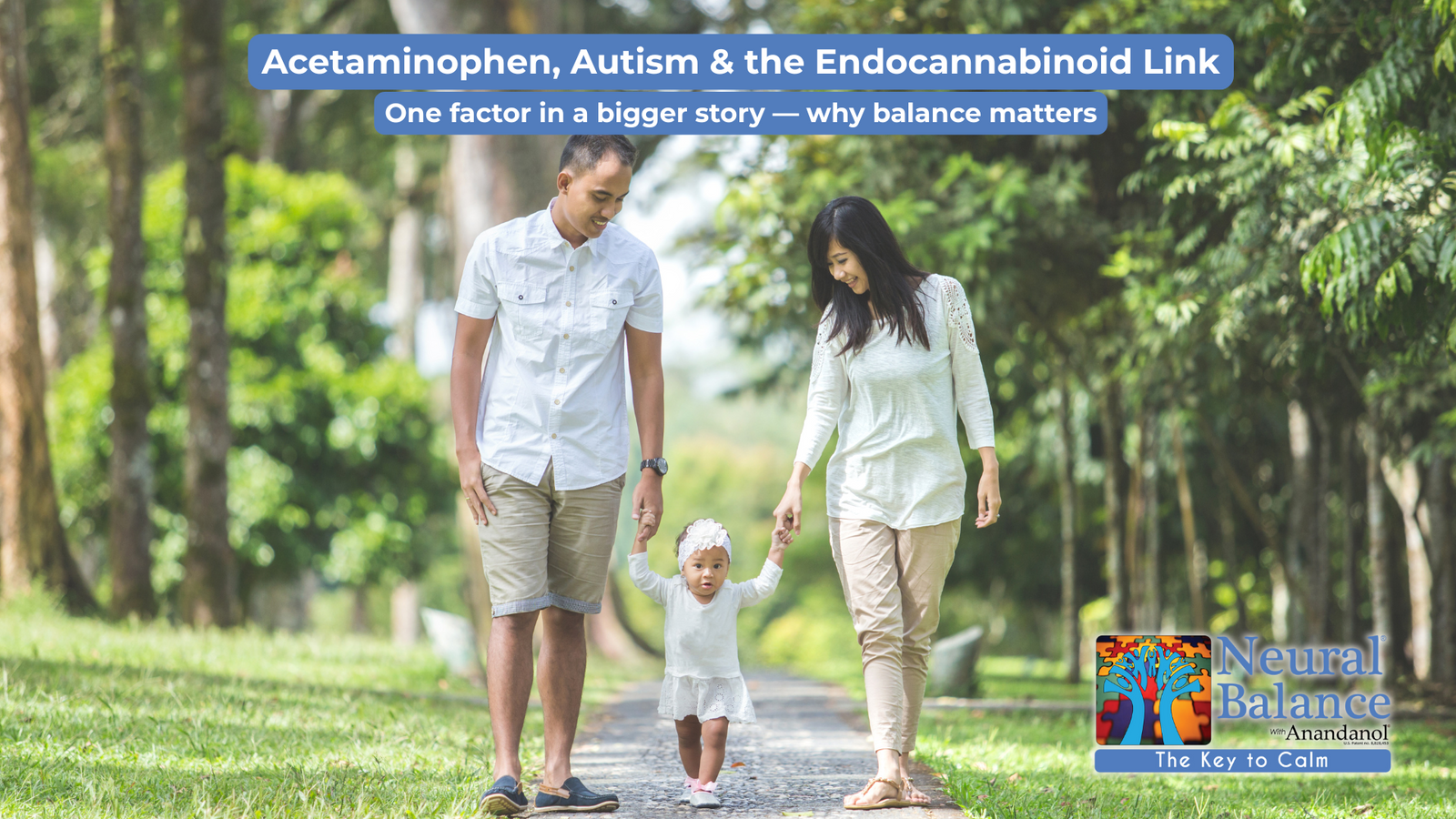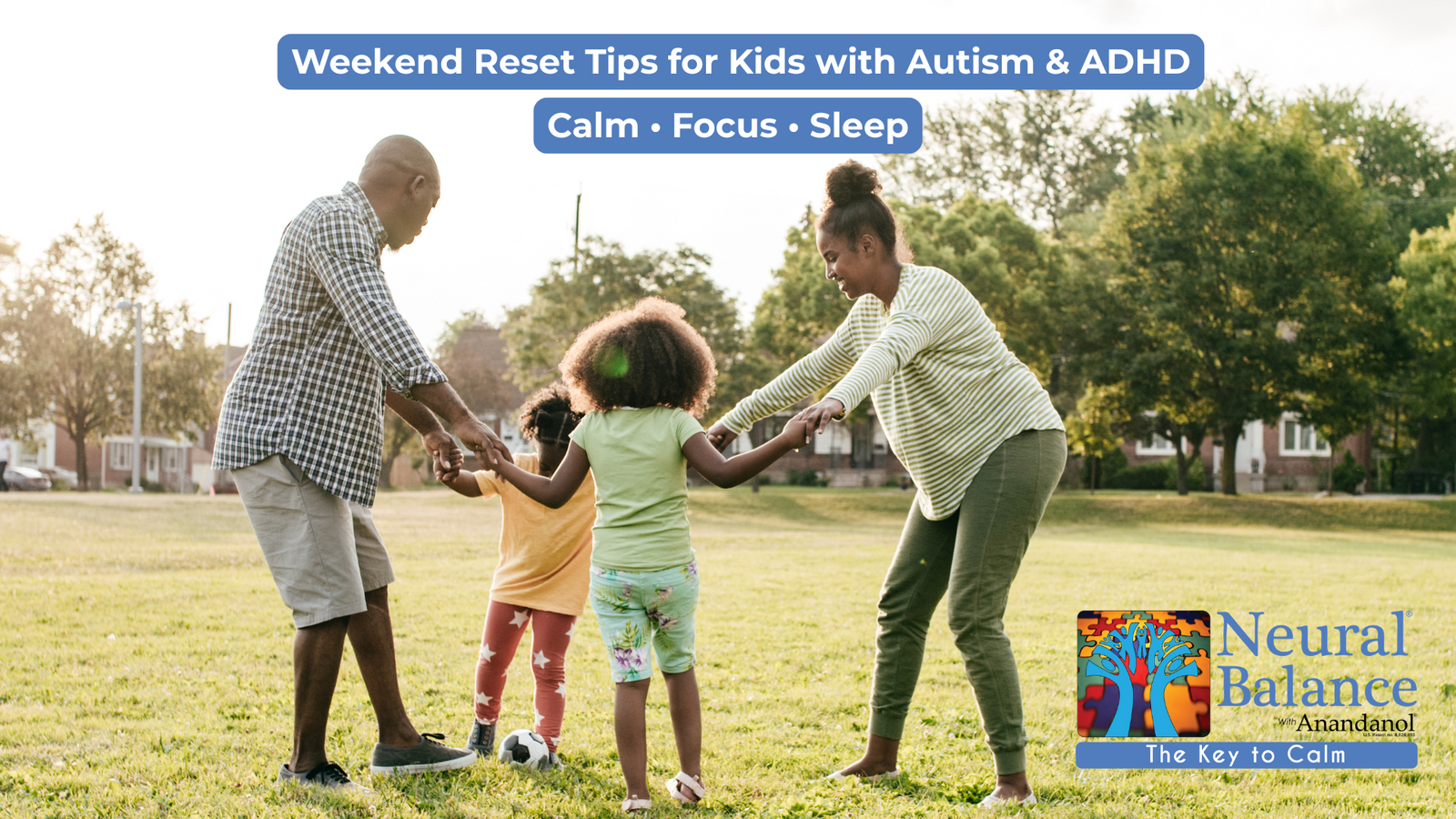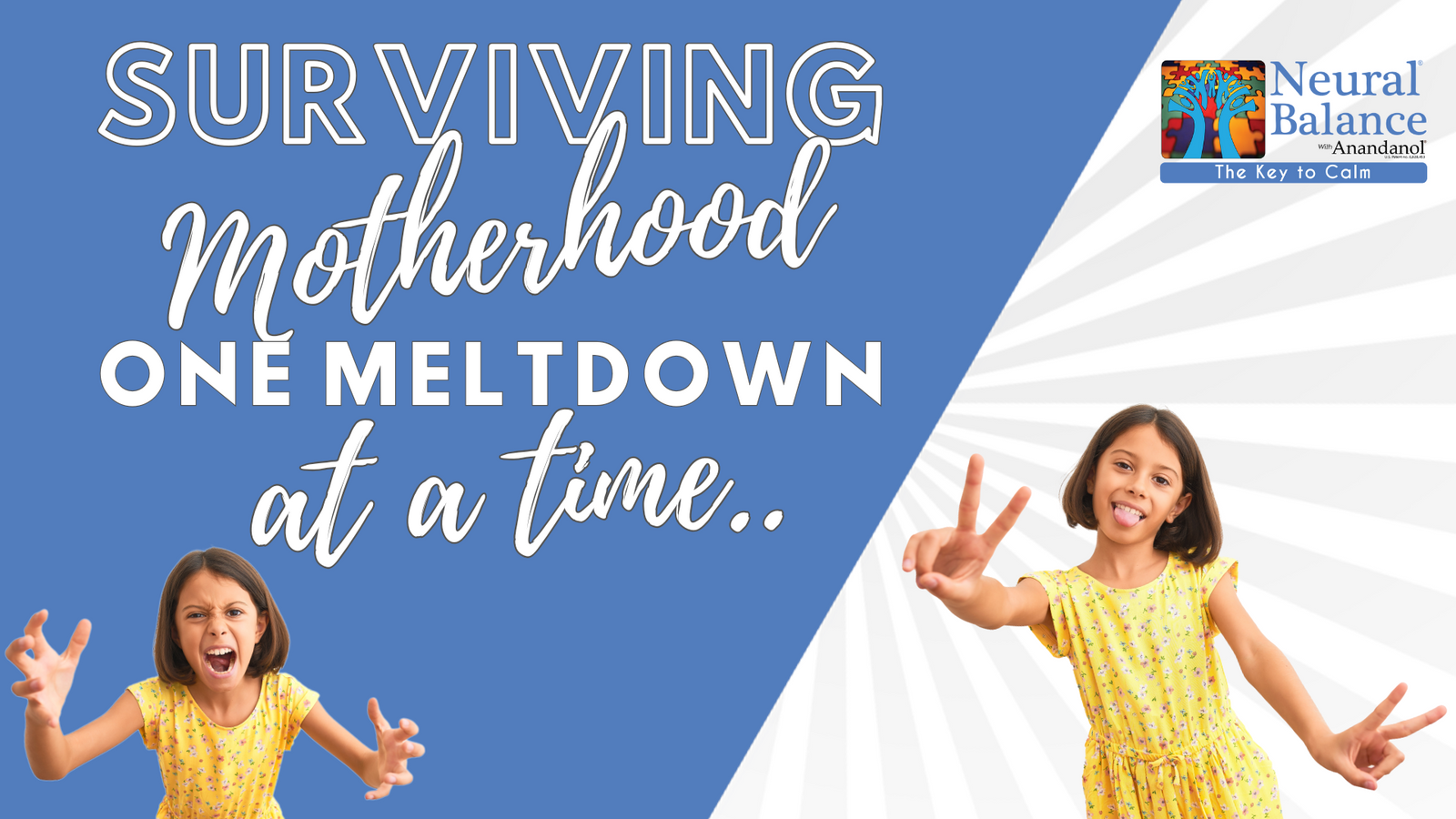Ever since autism was recognized as a unique disorder, more knowledge and understanding has come to surround the condition. Even with the prevalence of research-based facts, increased efforts of awareness, and readily available information, misinformation and false ideas of autism still abound. Here are some common myths about autism.
Myth: People with autism aren’t relational.
Fact: People with autism often have the same desire for friendship as anyone else. However, certain social skills can be more difficult for those on the spectrum than for those who aren’t. Emotional understanding and expression often come as challenges, along with understanding social cues. These deficits can be overcome and autistic people can come to experience meaningful relationships.
Myth: Autism only affects the mind.
Fact: Autism is highly linked to various physical health problems. Gastrointestinal issues, food sensitivities, and allergies are far more common in people with autism than others. Epilepsy and sleep issues are other health issues commonly associated with autism.
Myth: Autistic people are not capable of much.
Fact: While the condition of autism spectrum disorder does create a set of mental, social, and physical challenges, many people with autism are highly functioning. Many people with autism can have average or even above average IQ’s, and can master subjects relating to math, art, or science.
Myth: All people with autism are the same.
Fact: While there are a set of traits and commonalities used to diagnose autism spectrum disorder, each person with autism is their own unique person with their own personality and set of abilities. The rhetoric of “spectrum” is important to remember since the set of challenges vary in severity and can manifest themselves differently in each person.
Myth: Autistic people will never change.
Fact: There are plenty of strategies and interventions that can help improve challenges and problematic behaviors commonly exhibited by autistic individuals. Intentional parenting, guidance from professionals, and even dietary plans can result in overcoming some of the challenges of autism. Some children have even “tested out” of the autism spectrum after early intervention. Education and further understanding can be powerful healing agents when it comes to both parents and children dealing with autism. The more you know, and the more knowledge you can spread to your support system, the more equipped you will become to be the best possible support for your family.
When it's a family member or loved one, important to stay informed about what is truly a fact or simply a myth. Here are four more myths about autism.






